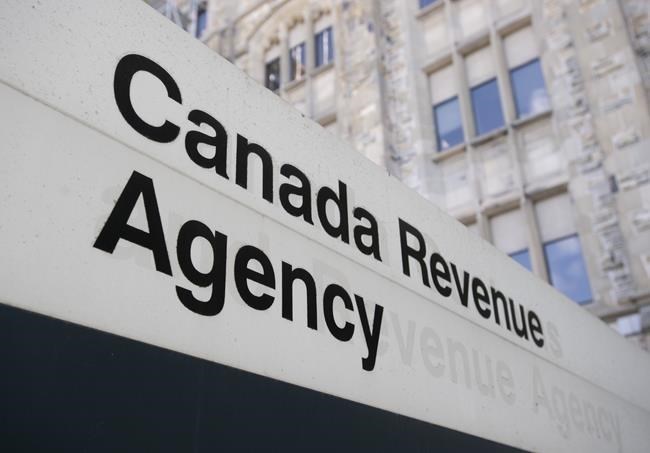There is a myth out there that telephone scammers are rude and menacing.
Apparently, many of them are quite polite.
That’s what Coral S. told me when we chatted recently about being called by someone who said they were with the Canada Revenue Agency.
The call came in and Coral, a South Burnaby senior who doesn’t want her last name printed, said that there was a problem with her social insurance number and that it needed to be cleared up before she should file her tax returns.
“He was so polite and convincing,” she said. “He seemed to sincerely want to ‘help’ me so I could get my tax returns done. With the filing deadline coming, I was in a panic that I was going to have a big problem.”
The scammer then read out some personal information about Coral, with some of it being correct and some of it not. Unfortunately, Coral corrected the mistakes by the scammer with her real information – meaning she could become the victim of an identity theft.
The good news is that the scammer said he would call back about setting up a “payment” to correct the situation. During that in-between time, Coral contacted her tax accountant, who convinced her that it was a scam.
“When they called back, I just didn’t answer,” she said. “He eventually gave up.”
The RCMP offers some background on this kind of scam.
A scammer claims to be an employee of either the Canada Revenue Agency or Service Canada. They state that you:
- have a compromised SIN number
- have an outstanding case against you
- owe back taxes
- have unpaid balances
- committed a financial crime
They say that if you do not speak to them immediately, you'll be arrested, fined or even deported.
The scammers may request payment via money service businesses, pre‐paid cards/gift cards (iTunes, Google Play or Steam cards) or Bitcoin.
These are but a few variations on a common theme persistently targeting the elderly and other vulnerable populations such as immigrants and those for whom English is not their first language.
"We continue to repeat our warnings, but we don't mind being a broken record. We need would-be targets to know how to recognize these scams," says RCMP Sgt. Peter DeVries.


